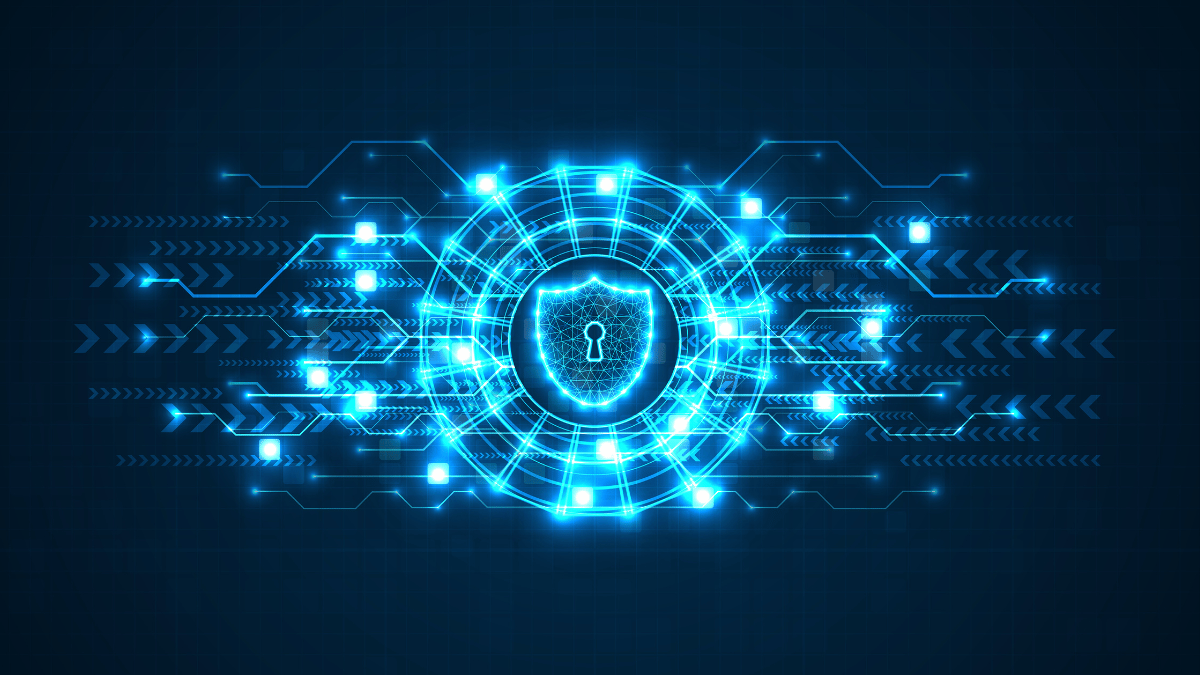Packet Power's Data Diodes Take Security to the Next Level
Exploring Data Diode Security: Essential for Modern Networks In today’s hyper-connected world, the security of sensitive information remains a...
2 min read
![]() Packet Power Team
:
Feb 17, 2025 2:22:55 AM
Packet Power Team
:
Feb 17, 2025 2:22:55 AM

Data security is increasingly important in today's interconnected environment. Businesses across sectors, from finance to infrastructure, rely on a steady flow of information to power their operations.
Yet the challenge remains: How can data security be preserved while preventing the risk of external cyber threats? This is where unidirectional data flow comes into play. Packet Power's Data Diode technology provides a reliable solution for secure, one-way data transfer to maintain data security and protect sensitive networks.
At its core, unidirectional data flow is a mechanism that allows data to move in only one direction between two networks. This feature is crucial in sensitive environments, such as data centers and industrial control systems, where data security must be guaranteed without risking exposure to cyber threats.

Traditional two-way communication paths can be vulnerable to sophisticated attacks, even when secured by encryption or firewalls. By contrast, unidirectional networks eliminate the possibility of data flowing back into the originating network, effectively sealing off potential entry points for cyber adversaries. Unidirectional data flow creates a secure gateway for monitoring data to exit isolated networks without exposing them to threats.
Packet Power's Data Diode technology ensures robust data security through a hardware-enforced unidirectional link. The Data Diode comprises a transmitter and a receiver, connected via a fiber optical link that physically prevents data from flowing back. The transmitter, placed within the secure network, collects data from up to six gateways and sends it through the fiber optic link to the receiver located in an isolated network.

This physical barrier is critical to ensuring data security. Unlike traditional methods that rely on software-based rules, Packet Power's Data Diode utilizes a hardware-based approach that is both simple and robust. The fiber optic link is configured only to transmit, while the receiver cannot send data back, making it impossible for anyone to infiltrate the secure network from the outside.
Packet Power's Data Diode also provides encrypted transmission, adding another layer of security. Encryption prevents unauthorized access to the data being transmitted, safeguarding its security throughout the transfer process.
The inherent design of Packet Power's Data Diodes not only secures data transfers but also enhances monitoring systems by ensuring data fidelity and system independence. Data fidelity is critical in operations that depend on accurate, unaltered data. The Data Diodes support critical decision-making processes by guaranteeing that data remains pristine during transmission.
Moreover, the Data Diodes’ capability to operate independently of the systems they monitor ensures that these systems remain unaffected by any potential network issues. This independence is vital for maintaining system integrity and reliability, especially in complex environments where even minor disruptions can have far-reaching impacts.
Packet Power's Data Diode provides several benefits for organizations aiming to enhance network security. One key advantage is its simplicity. Unlike complex security solutions that require extensive configuration and maintenance, Packet Power's Data Diode is inherently secure by design, reducing the risk of misconfiguration and software vulnerabilities.
Another key benefit is cost-effectiveness. Traditional security measures, such as firewalls and VPNs, can be expensive to implement and manage, especially when dealing with sophisticated threats. Packet Power's Data Diode provides a straightforward, hardware-based solution that minimizes costs while maximizing security.
Maintaining data security is crucial in an era of increasingly sophisticated cyber threats. Packet Power's Data Diode technology offers a secure, hardware-based solution that ensures unidirectional data flow, protecting sensitive networks from external threats.
Packet Power's Data Diode is an essential tool for organizations looking to enhance their network security and safeguard critical information. It provides a simple, cost-effective, scalable, and highly secure means of transmitting data.
If you're ready to enhance your network security, contact Packet Power today to learn more about how our Data Diode technology can help protect your data and ensure its security.

Exploring Data Diode Security: Essential for Modern Networks In today’s hyper-connected world, the security of sensitive information remains a...
.png)
Understanding Cybersecurity the Landscape in 2025 As we navigate through 2025, the cybersecurity environment remains a complex battleground shaped by...
Some data center and critical infrastructure managers have viewed wireless systems as potential “security holes” and thus been reluctant to implement...